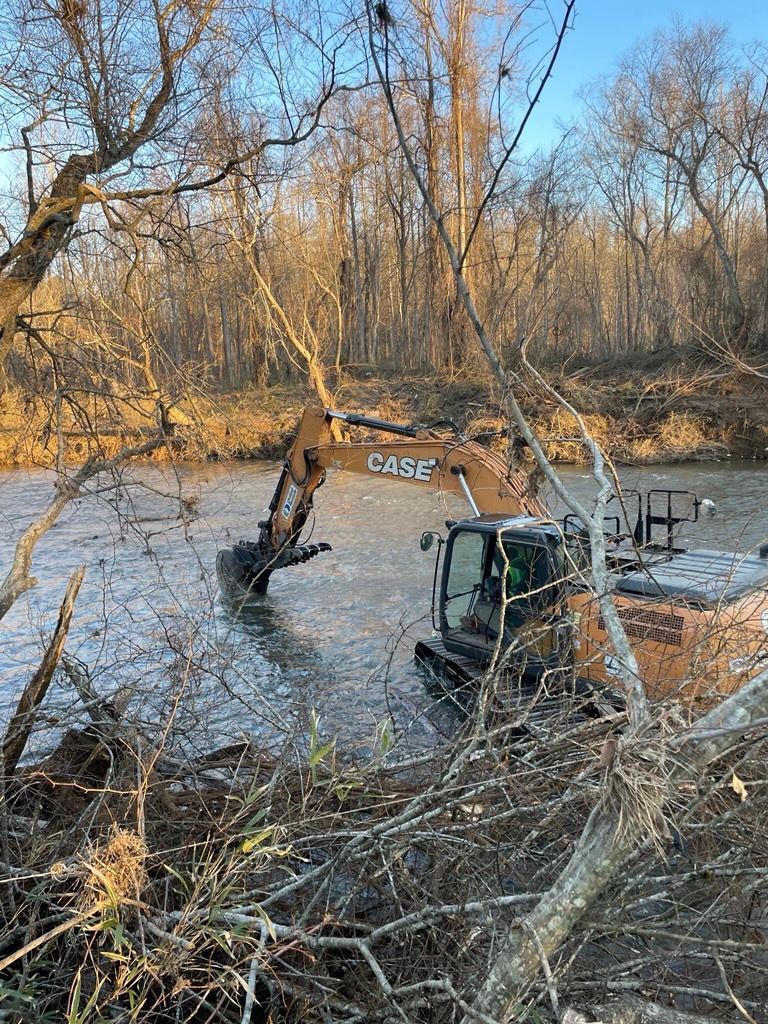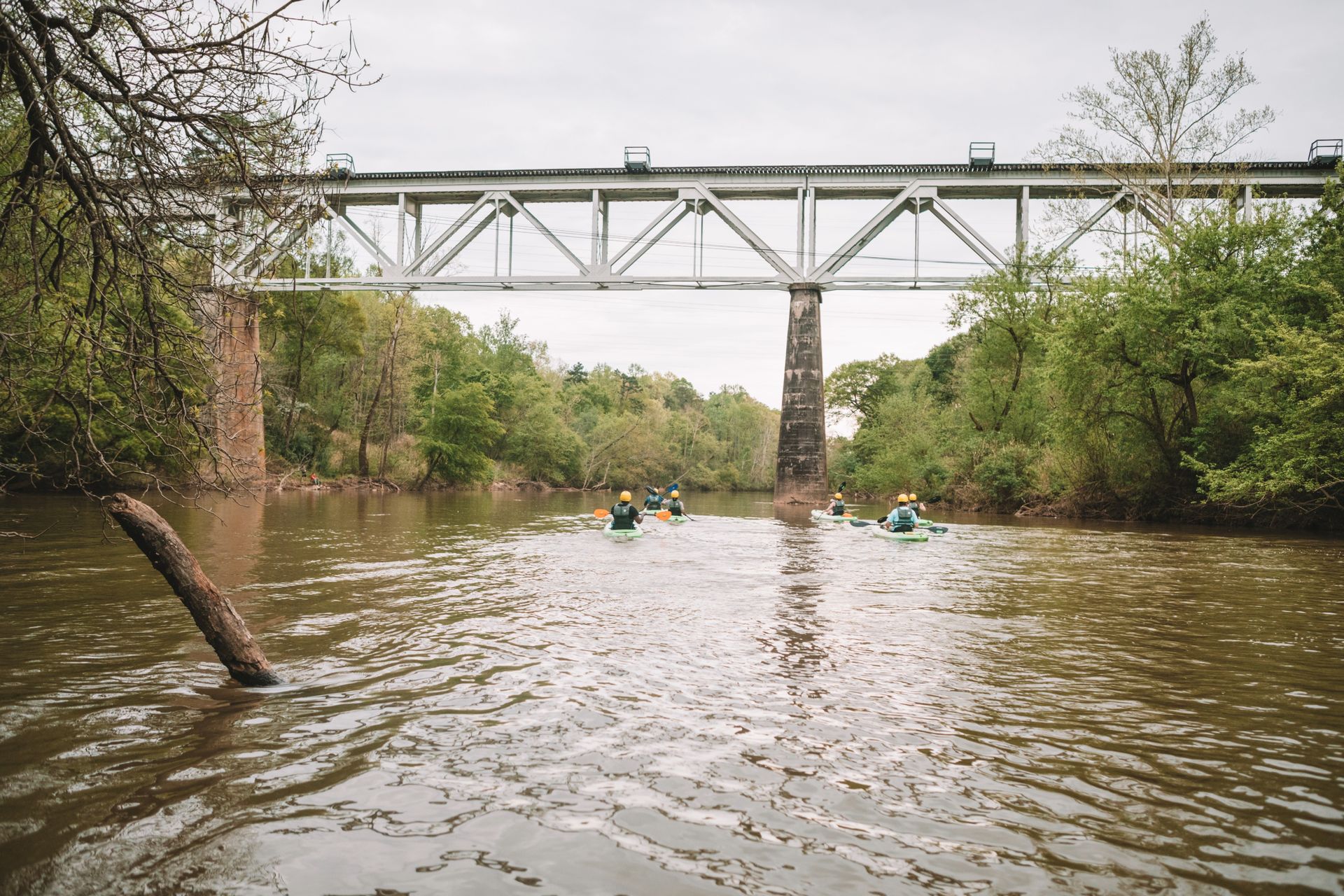Brewing Up Sustainable Solutions: Award-Winning Charlotte Beer Crafted with Recycled Water
Town Brewing's "Renew Brew" makes waves in local sustainability efforts
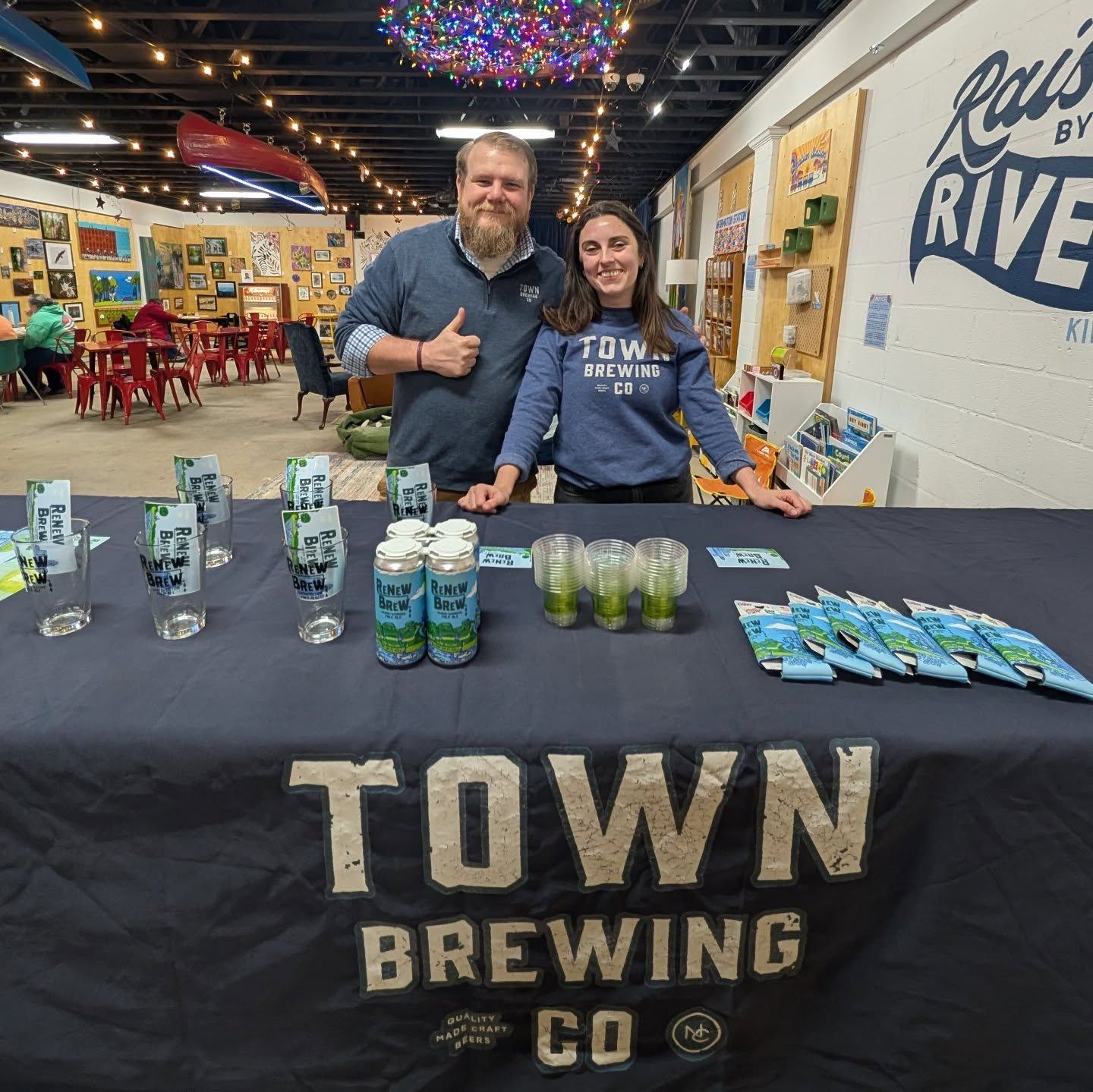
If you’ve ever visited a Catawba Riverkeeper Taproom or participated in River Week, you’ve probably heard us use the phrase, “Good Beer Needs Good Water.” The words are emblazoned above the bar at Confluence as we try to drive home the fact that many of our favorite things, like beer, only exist because of good clean water, and lots of it. Beer is made up of 95% water, and it takes somewhere from 4 to 8 gallons of water to make just 1 gallon of beer.
With over 50 breweries in the city of Charlotte alone, there is a substantial amount of water being drawn from the Catawba River for the production of beer. Though water is not currently scarce in the Catawba-Wateree River Basin, the growing population of the region will continue to put stress on our waterways as demand for water increases and development paves the way for more pollution in our drinking water resources.
So, when Town Brewing’s “Renew Brew” was released in February of 2024, we were excited to see the first beer in the Carolinas to be brewed with ultra-sustainable recycled water. Though all water is technically recycled—water is drawn from the Catawba River, treated, used, treated again, put back in the river, and drawn out again downstream—this collaborative brewing project removes a step in the process, allowing the water to go twice as far in one place.
Instead of returning the treated wastewater effluent to the river, project partner and global water technology company Xylem “super treats” the water until it is ready to be used in the brewing process. Following normal treatment at the McDowell Creek Water Resource Recovery Facility, the water goes through many additional purification steps: carbon filtration, reverse osmosis, ozone oxidation, ultraviolet disinfection, and another round of carbon filtration. It is then tested to ensure that it exceeds the EPA’s highest water quality standards for human consumption. Once approved, the water is then crafted into the now award-winning Renew Brew, which was awarded 1st Place in the 2024 Queen City Brewer’s Festival Best in Show.
This collaborative effort between Town Brewing, Xylem, and Charlotte Water is helping to redefine how the Charlotte region thinks about recycling water, crafting beer, and stewarding our environmental resources.
Many thanks to Town Brewing for joining us at Confluence in Cramerton, NC last week to give out samples of their Renew Brew and share about the making of this groundbreaking beer. Want to try the beer for yourself? Head over to Confluence and grab a can from the beverage cooler!

